ENGAGING YOUR PERSONAL LEARNING NETWORK

This is my last blog post for this course. I have really appreciated how this course has made me reflect on this information in so many ways. It has also increased my literacy in media and understand the importance of sharing it with the children growing up with tech today. I already work in the career of my dreams so I do not need to use social media to look for careers at this point but I do know how it is a wonderful source for careers. In my Facebook teacher group page there are many unbiased opinions on great places to work and the opposite.
As a buisness approach social media and my PLN for buisness gives me an expansive network for learning and sharing, this can allow me to collaborate and learn from experts in my field. I can’t wait to utilize more places like Twitter in a business’ way allowing me to expand my skills and knowledge.
In regards to relationships my PLN relationships are wonderful. Facebook and Instagram give me photos that I can see whenever I would like and also if I please I can share this with my family and friends and we can talk about it if I please. In “Chapter 5 From Information Society to Network Society: The Challenge by Manlio Del Giudice”, it talks about how people in developing countries mostly are using media to connect with family and look for education. Family is so important and when families are separated they feel the need to reconnect and share with one another. It is interesting that that is a priority mainly because I never imagined that is something they would go to public places for. It is just not something that I ever have to think about when I have access to technology at every minute of everyday. It does make sense though now that I reflect on it. Specifically when adding the second article this week called “Tell Everyone Why We Share & Why It Matters, by Hermida, Alfred” it talks about human need to connect and share. It is amazing that it has changed from one-on-one interactions and has expanded to sharing with more than just ones close friends. They now share with strangers and collaborate and reflect on their opinions.
Information and Communications Technology also known as ICT explains how online sharing can really support humans and their needs. We already talked about how humans have a need to share and connect. Expanding on that I discovered in the first article “Chapter 5 From Information Society to Network Society: The Challenge by Manlio Del Giudice”, how people in China and India use microblogging because they need to share but they don’t want to have to filter what they say. It is wild to think that people can’t share their real opinions and become restricted. The article also discussed how ICT can really support developing and developed countries in different ways. it talks about how based on the needs it can help move people forward around their economical factors, education, and expanding their futures.
When people are connecting and sharing they can all learn from one another. They can use technology as a way to share, collaborate and reflect. When this happens hopefully it can allow people to make changes where needed to protect others from dangerous impacts. It make me think of the recent wildfires in Maui. I feel like people need to really think about what went wrong and led to over 80 peoples deaths. People can think about why the sirens didn’t go off to prevent future peoples from going through this again. It can support people and protect them from life situations like Maui and other things that are little too like the best way to study in education. If you can think of it you can probably find something about it online to learn about.
My PLN can definitely help me professionally. I now know that I have an unlimited group of supports from so many people. It is a great way to get support, connect and talk about things a person may be nervous to ask in person. Humans need to connect and share ideas to reach their potential and PLN’s provide a safe space (if you avoid the trolls), to support one another endlessly. Knowing how to use it properly and appropriately is beyond important to utilize it best.
Moving forward I plan on using it more to share ideas on so many different platforms because teachers need to support each other. I feel like there is always something new to learn and always new ideas to try.
At this time in my life with two kids and in the first ten years of my career I feel like I am still figuring everything out. I don’t have a lot of time to spend searching through all of the information online to utilize it to its full potential but I plan to. I feel like once my kids move out I will be looking for more connection and have more time to build online relationships that can continue to change my perspective ideas and lifelong goals.
Media literacy is so important and I feel like third world countries aren’t at the same stage. If I was to think about the idea of not having a PLN in my life would I be better off? Probably not but would I have more time and ambition to explore the world around me, maybe? I wish I wasn’t listened to on my smart phone and my alexa at home. I wish I wasn’t targeted for advertising, but do I enjoy the results of a PLN where I can learn so much new information and have access to information to make my own decisions. I feel like this is priceless and to not allow others to have that opportunity sucks but at the same time isn’t the innocence kind of nice too. I feel like their are pros, but the benefits are endless. Support, sharing ideas to make peoples lives easier, knowledge about how some countries support their people and others don’t this can support change. Exposure and knowledge is priceless. I guess its only because I have it and I have thought about these things that I wish I had less of it and could limit myself more from it. I enjoy escaping the information too to try and live more free at the same time. I also media like the exposure has to come slowly to understand how to use it slowly and properly. I grew up in the 90’s and have had technology grow with me slowly but my daughter has seen it from birth at a stronger rate. I feel like with developing countries we can support them into a healthy, safe style, as long as it isn’t too controlled by their politicians which is scary too. Back in the day it was so new that control wasn’t really possible now everything is being watched and judged and restricted. However, there is still endless amounts of information that can be shared and collaborated on. One just needs to be careful when using these tools. Hopefully the open channels are accessible for all in a safe free space.
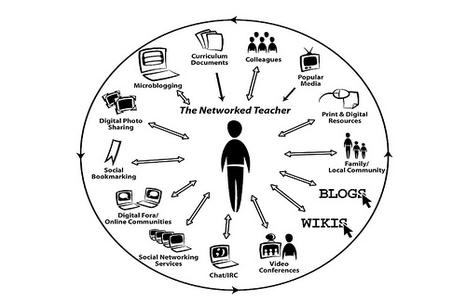

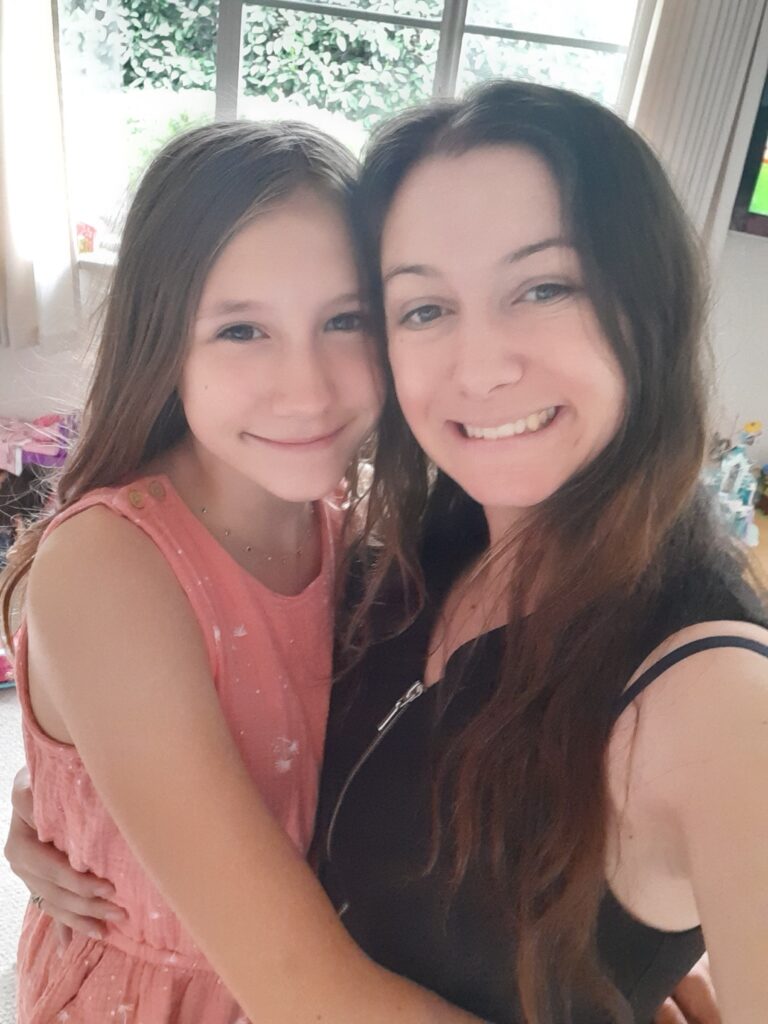
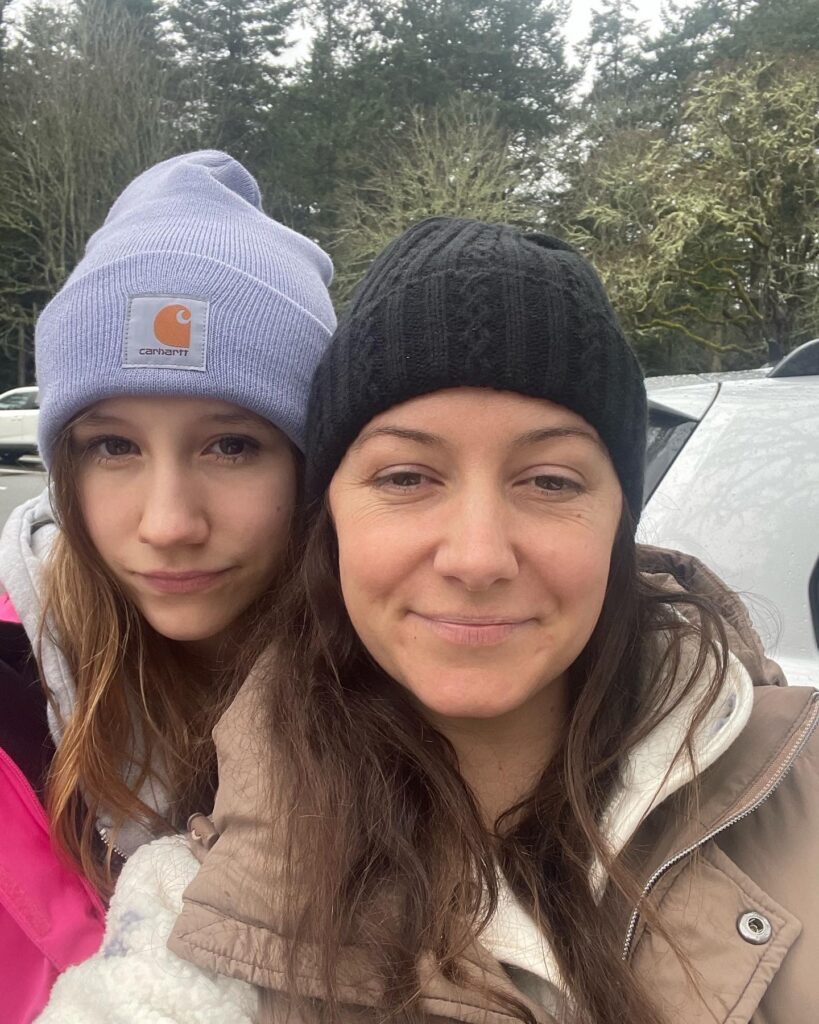
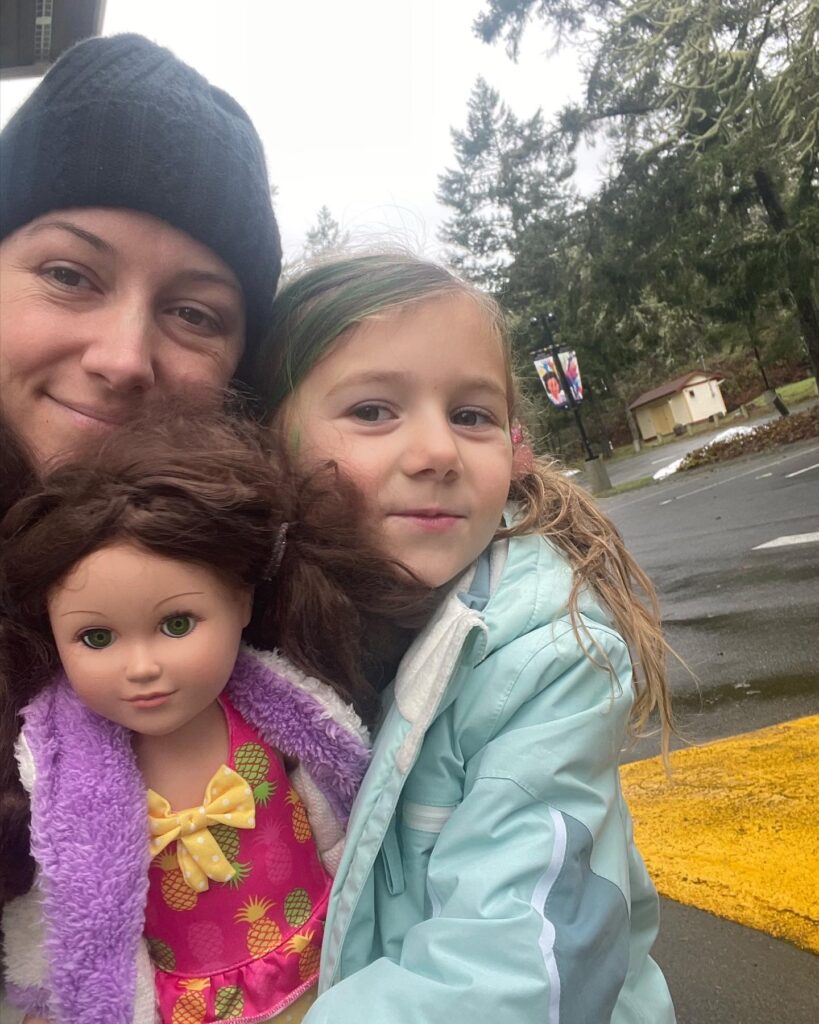
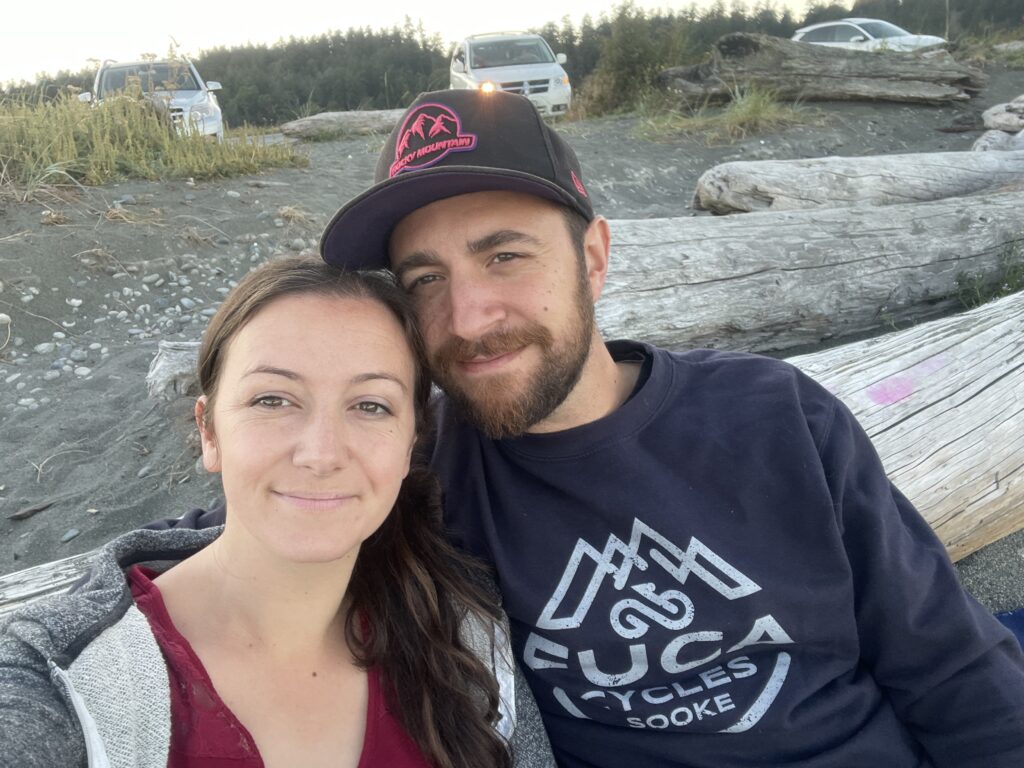

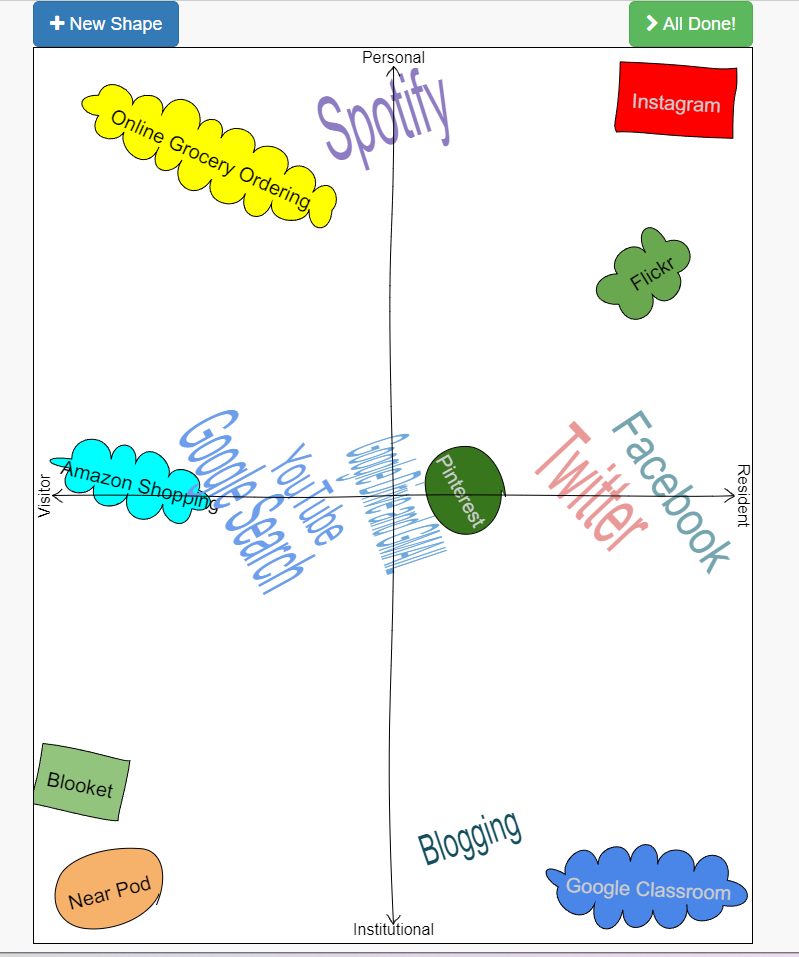

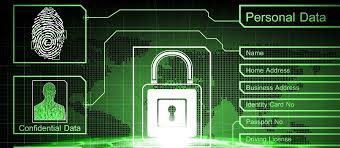
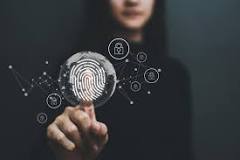
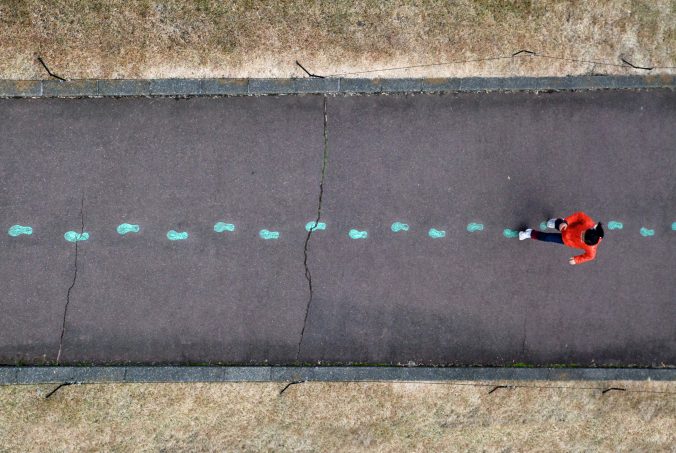
Recent Comments